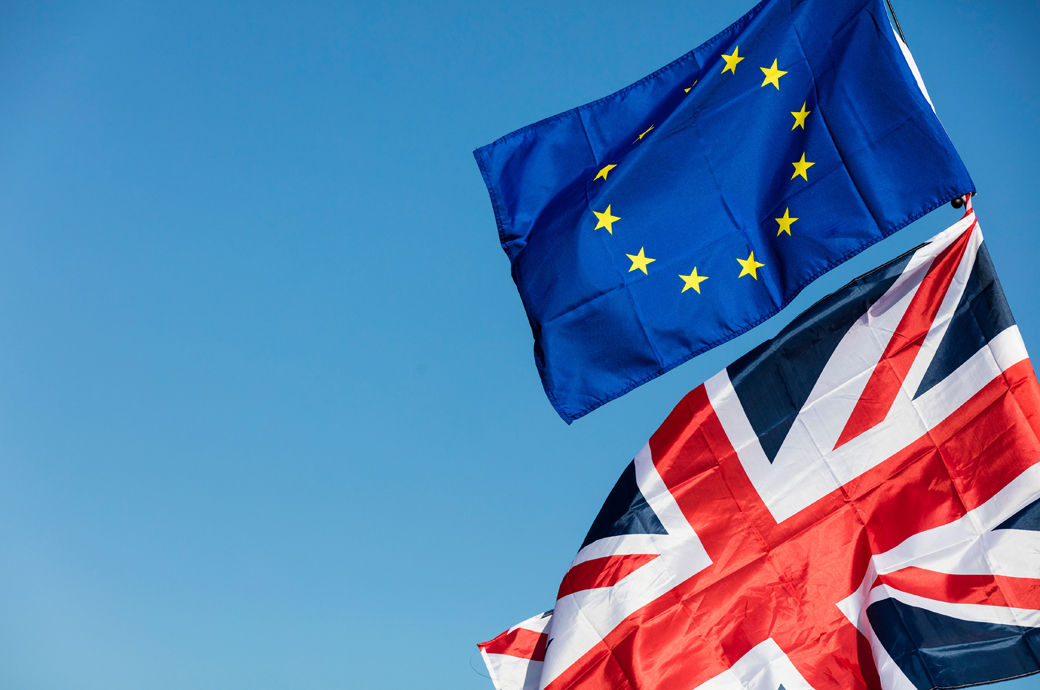

Despite the best efforts of firms to adapt, structural barriers to goods trade with the European Union (EU) persist, with 46 per cent of responders to the BCC’s Trade Survey last summer saying red tape relating to customs and rules of origin were major issues holding back growth, William Bain, head of trade policy at BCC, said in the blog post.
Both UK and EU businesses seek similar ambition from UK ministers and EU institutions respectively to tackle these problems, using the Trade and Cooperation Agreement (TCA) as a foundation, it noted.
“Linkage is possible by an agreement within the current framework of the TCA. This would remove cost impacts to traded goods in these sectors from the full phasing-in of the separate EU and UK Carbon Border Adjustment Mechanisms. We also need to provide long-term certainty, market access and security for the energy industry and investors, with the existing provisions on reciprocal market access due to sunset in mid-2026,” said the blog.
A package of reforms is also desired to reduce compliance costs and red tape on trade in goods faced by businesses on either side of the English Channel, and the North and Irish Seas.
There is no doubt that 2025 is a key time to improve and deepen the UK’s most important trading relationship, it observed.
“Overall, co-operation needs to substantially improve so businesses are not blind-sided by new regulations introduced in markets, or with last-minute market access and compliance concerns.,” the blog post added.
Fibre2Fashion News Desk (DS)